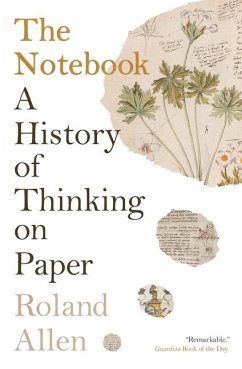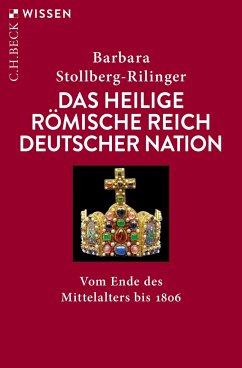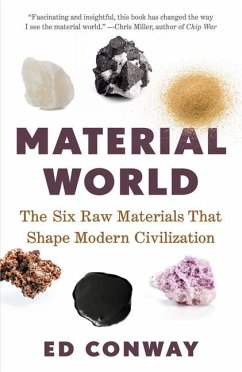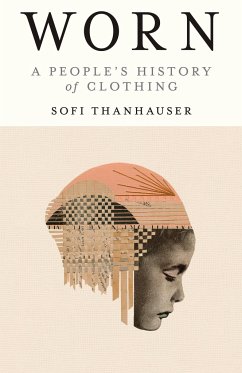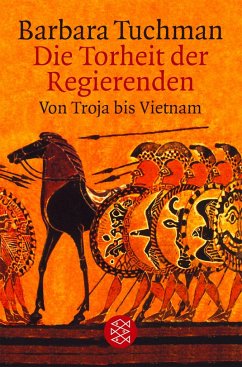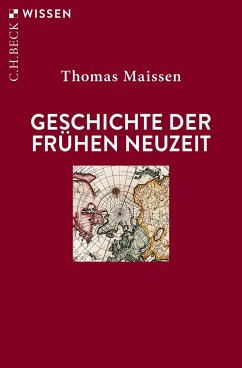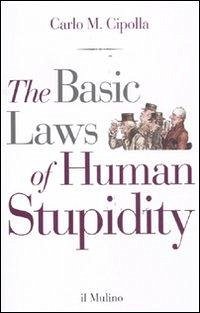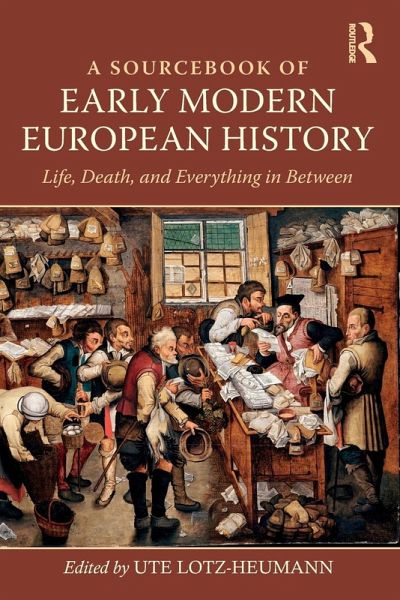
A Sourcebook of Early Modern European History
Life, Death, and Everything in Between
Herausgeber: Lotz-Heumann, Ute
Versandkostenfrei!
Versandfertig in 1-2 Wochen
56,99 €
inkl. MwSt.
Weitere Ausgaben:

PAYBACK Punkte
28 °P sammeln!
A Sourcebook of Early Modern European History provides readers with primary sources of a manageable length translated into English, and concise explanations of their context and meaning. It is ideal for students and scholars of early modern history.






